The common Viking stereotype of a marauding warrior raiding and pillaging through Europe, alongside all its “historical embellishment” can mostly be blamed on Hollywood and the History Channel. From a young age we are constantly bombarded with an insane amount of misinformation by the media, and it is time we get somethings straight.
First of all, the word “Viking” actually does have a meaning of its own, and it is not a collective for peoples of the north.

The word “Viking” in present-day English can be used as a noun (“a Viking”) or an adjective (“a Viking raid”). Ultimately, it derives from a word in Old Norse, but not directly. The English word “Viking” was revived in the 19th century (an early adopter was Sir Walter Scott) and borrowed from the Scandinavian languages of that time. In Old Norse, there are two words, both nouns: “a víkingr” is a person, while “víking” is an activity. Although the English word is ultimately linked to the Old Norse words, they should not be assumed to have the same meanings. Let us be clear, viking is (or was) a profession, not an ethnicity.
While many may claim that the that the meaning of the word viking is something in the lines of “raider”, the fact is that historically speaking, we are not so sure.
The etymology of víkingr and víking is hotly debated by scholars, but it only tells us what the word originally meant when coined, and not necessarily how it was used or what it means now. We don’t know what víkingr and víking meant before the Viking Age (793-1066AD), but we do have evidence of its use by peoples speaking Old Norse.
The laconic but contemporary evidence of runic inscriptions and skaldic verse (Viking Age praise poetry) provides some clues. A víkingr was someone who went on expeditions, usually abroad, usually by sea, and usually in a group with other víkingar (the plural). Víkingr did not imply any particular ethnicity and it was a fairly neutral term, which could be used of one’s own group or another group. The activity of víking is not specified further, either. It could certainly include raiding, but it was not restricted to that.

Leiv Eriksson oppdager Amerika by Christian Krohg 1893
A pejorative meaning of the word began to develop in the Viking Age, and in the early medieval Icelandic sagas, written by christians, two or three centuries after the end of the Viking Age – in the 1300s and 1400s. In them, víkingar were generally ill-intentioned, piratical predators in the waters around the north sea, who needed to be suppressed by kings and other saga heroes. The Icelandic sagas went on to have an enormous influence on our perceptions of what came to be called the Viking Age, and “Viking” in present-day English was influenced by this pejorative and restricted meaning.
The debate between those who would see the Vikings primarily as predatory warriors (usually christians) and those who draw attention to their more constructive activities in exploration, trade and settlement largely boils down to how we understand and use the word Viking. Restricting it to those who raided and pillaged outside the Norse countries merely perpetuates the pejorative meaning, marking out the Norse peoples as uniquely violent in what was in fact a universally violent world.

A more inclusive meaning acknowledges that raiding and pillaging were just one aspect of the Viking Age, with the mobile Vikings central to the expansive, complex and multicultural activities of the time.
In the academic world, “Viking” is used for people of Norse origin or connections, who were active in trading and settlement as well as piracy and raiding, both within and outside the northern countries during the Viking Age.
The Viking Age was a large and complex phenomenon which went far beyond the purely military, and also absorbed people who were not originally of Norse ethnicity.
Viking is not an ethnicity but a job description. The word Viking encompass much more than mere raiders, but also explorers, travelers and even - from time to time - peaceful traders.
We do have a word today which has a similar meaning to what Viking used to mean in the tenth century: Adventurer. But that is just our opinion.

Model of a Knarr (Knorr) in the Hedeby Viking Museum in Germany, a vessel used mostly for trading due to its large cargo capacity
This topic could be extended into a book into itself, encompassing not only the meaning of the word Viking, which was our original objective, but also cultural and religious significance of what does being a Viking means and meant. We will surely explore some of its possibilities in future posts.
For now however, we chose to bring up only the most relevant pieces of information regarding the etymology of the word "Viking", tackling the subject one small piece at a time. If you have more information that you want to share, please leave your comments below!
Sources:
Simek, Rudolf. 2007 (1993). Translated by Angela Hall. Dictionary of Northern Mythology. D.S. Brewer. ISBN 0-85991-513-1
Orchard, Andy. 1997. Dictionary of Norse Myth and Legend. Cassell. ISBN 0-304-34520-2
Faulkes, Anthony. Edda. Trans. 1982. Oxford University Press. ISBN-13: 9781389651922
Jesch, Judith. 2015. The Viking Diaspora. Routledge. ISBN 9781138020795
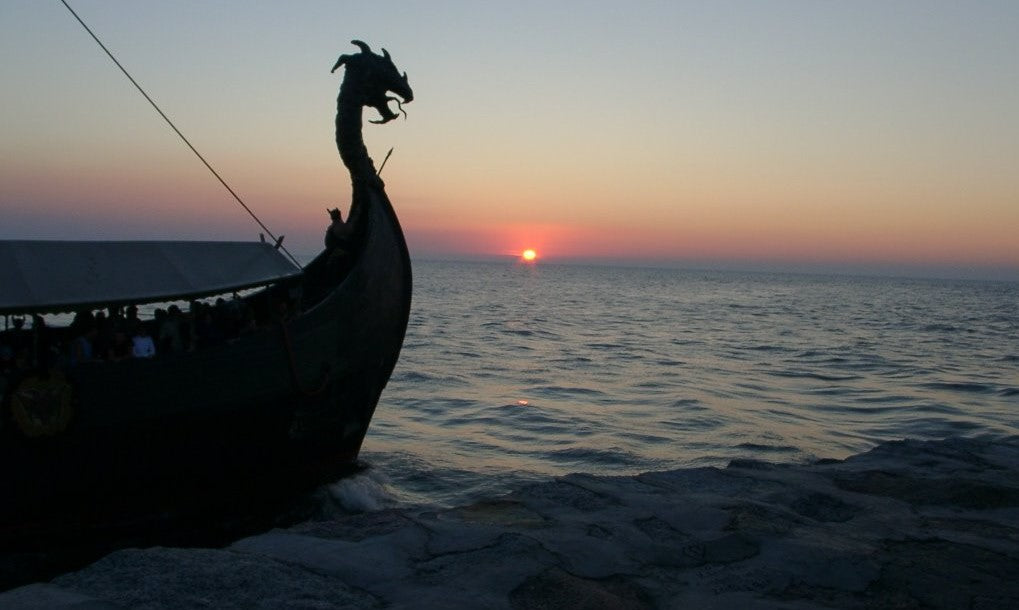
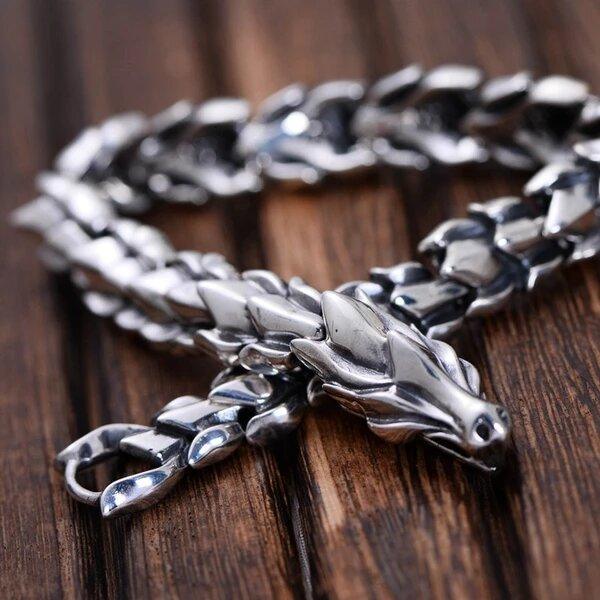
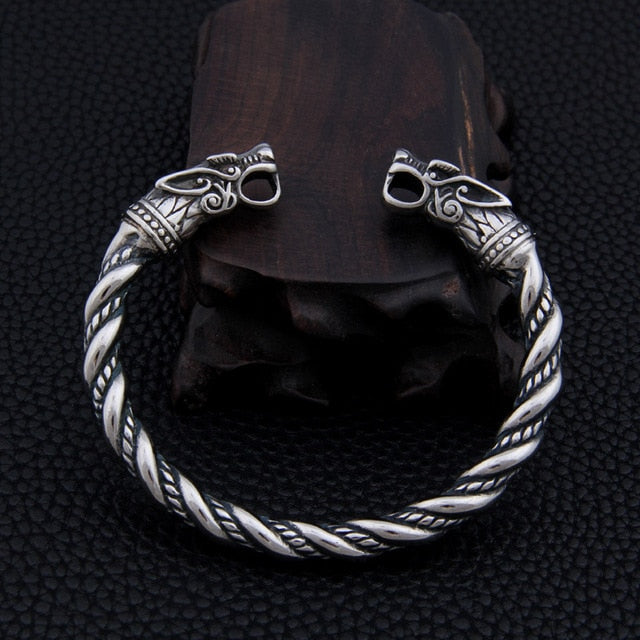
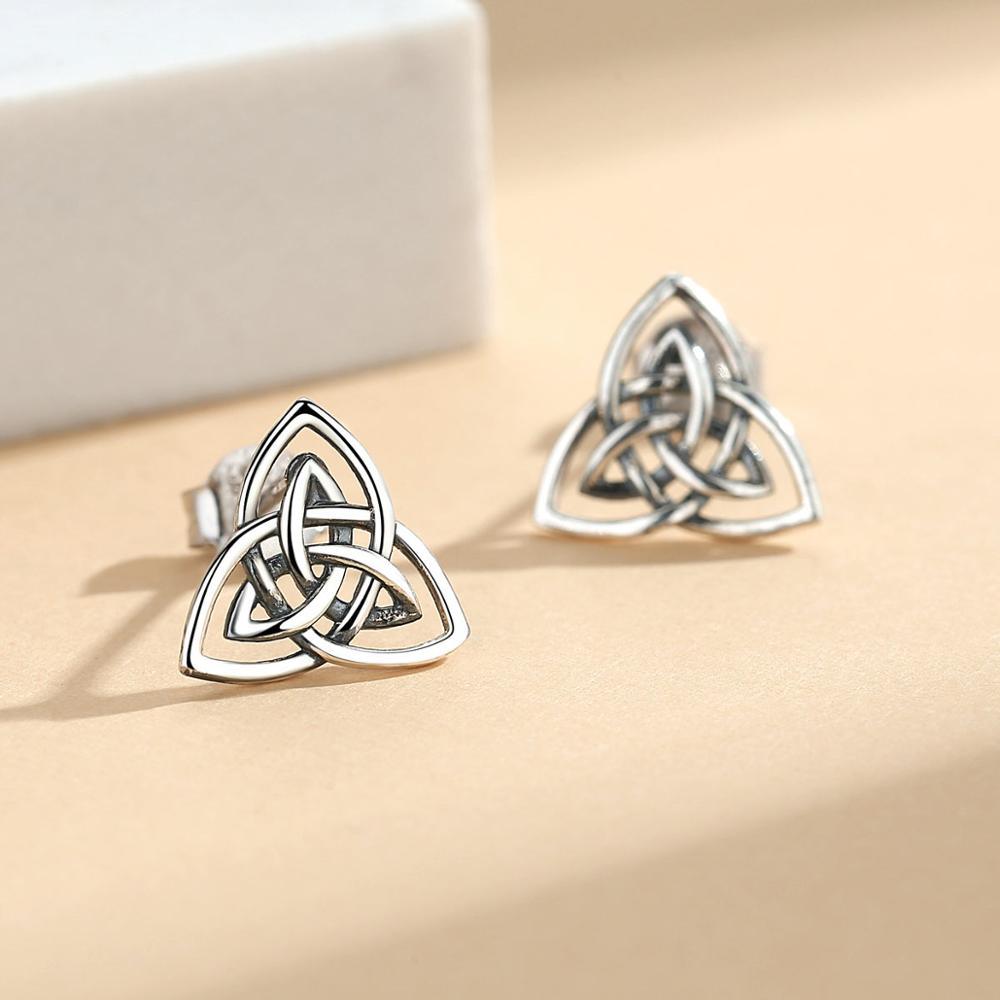
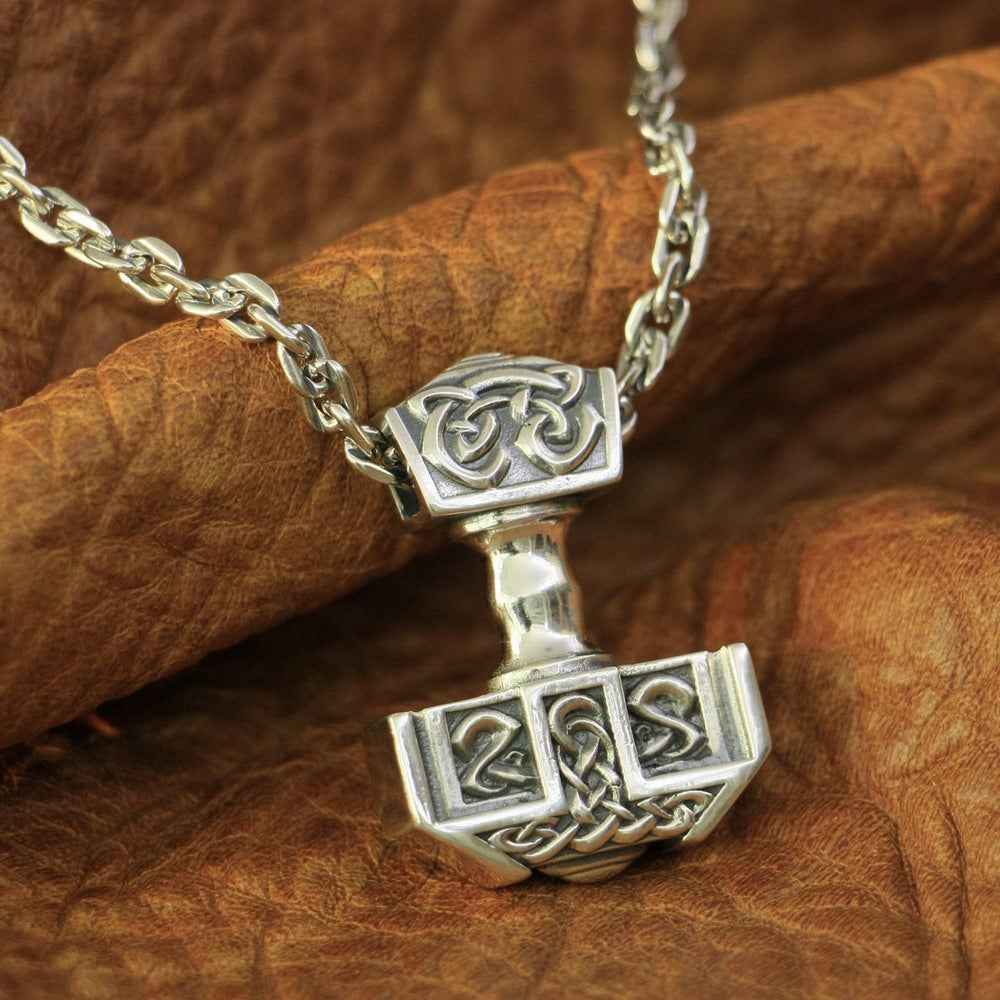
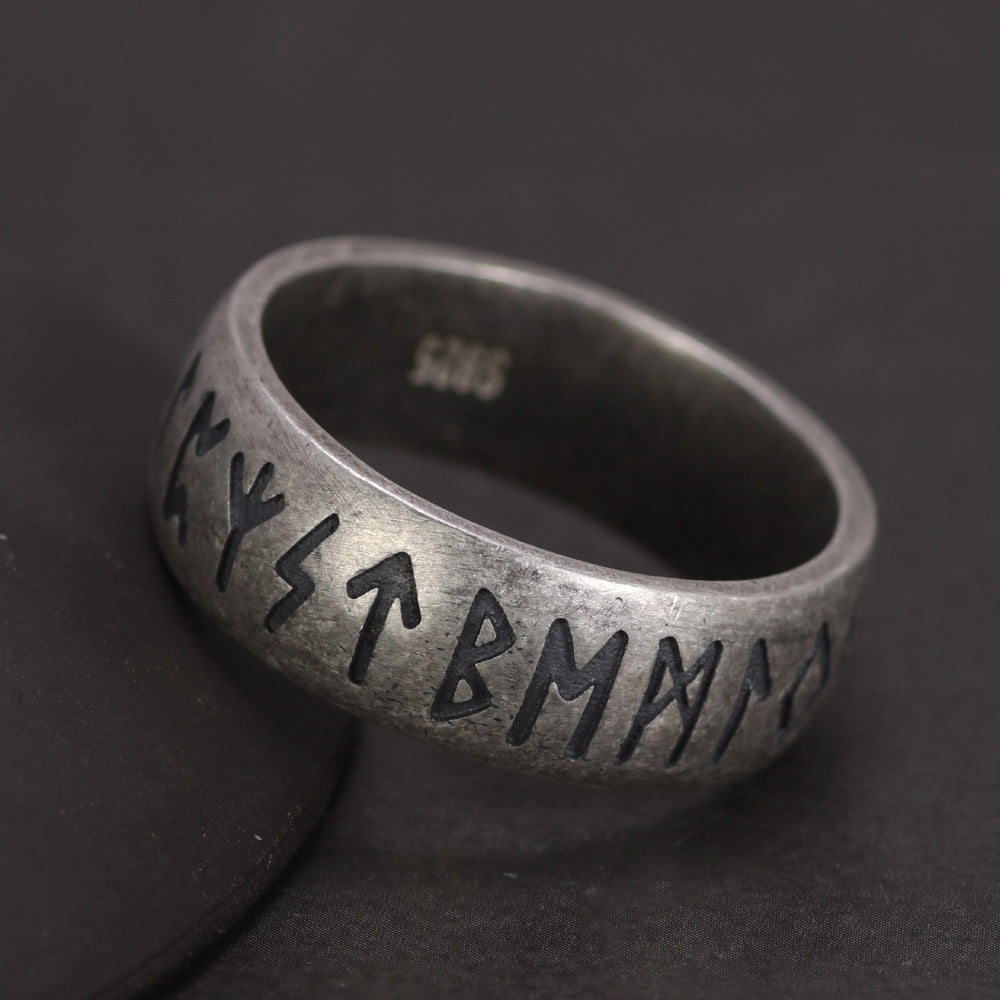
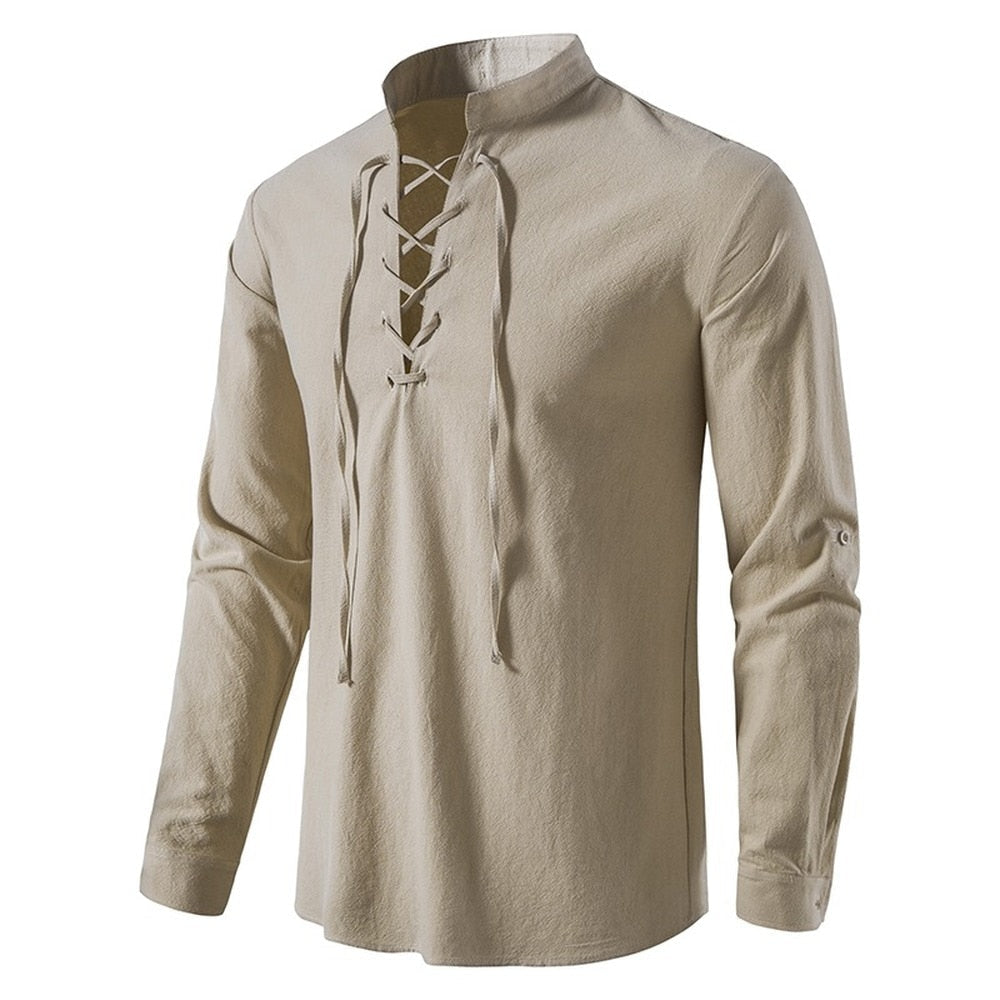

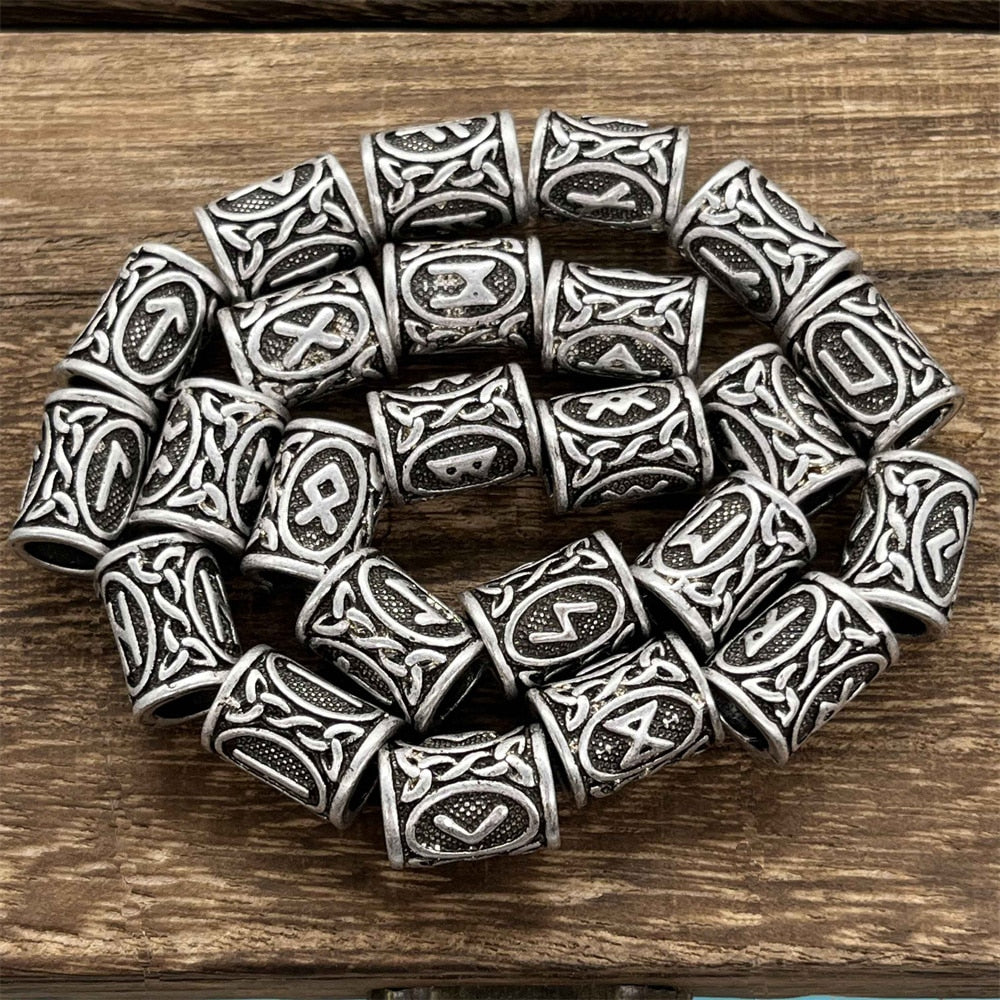
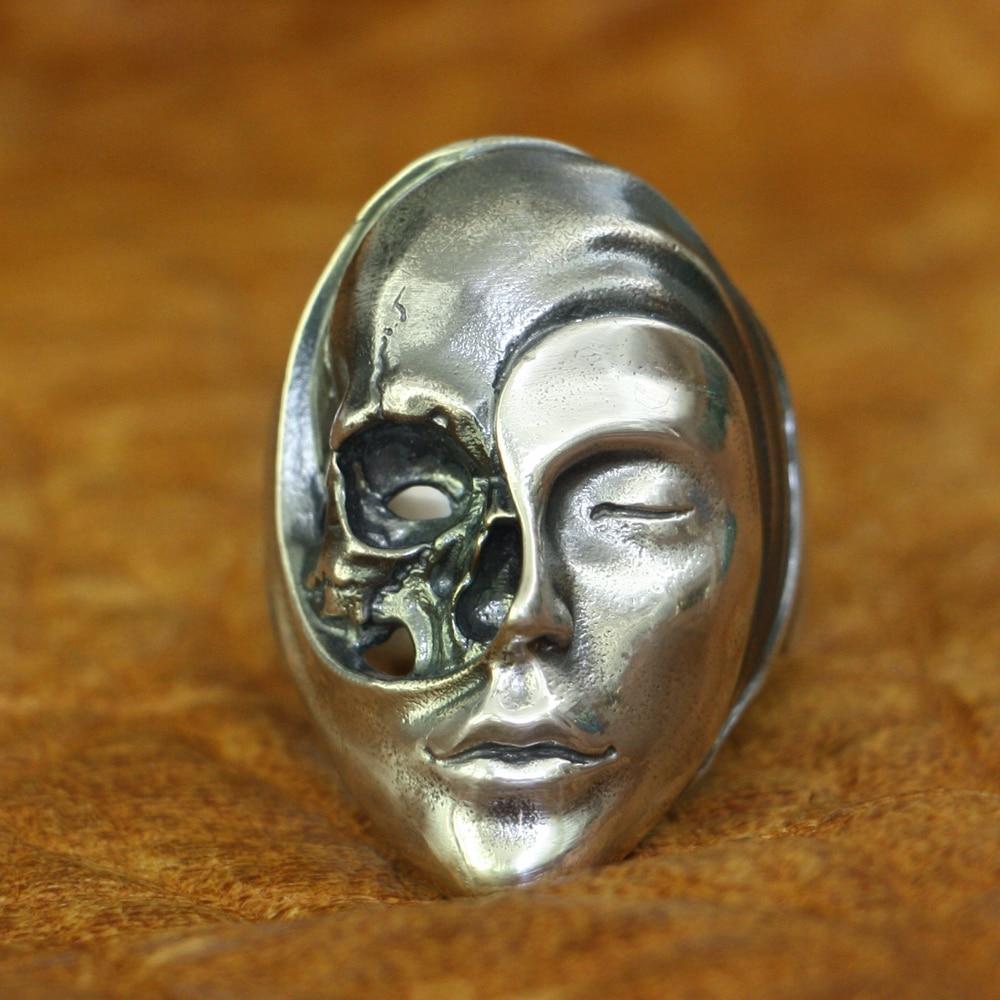
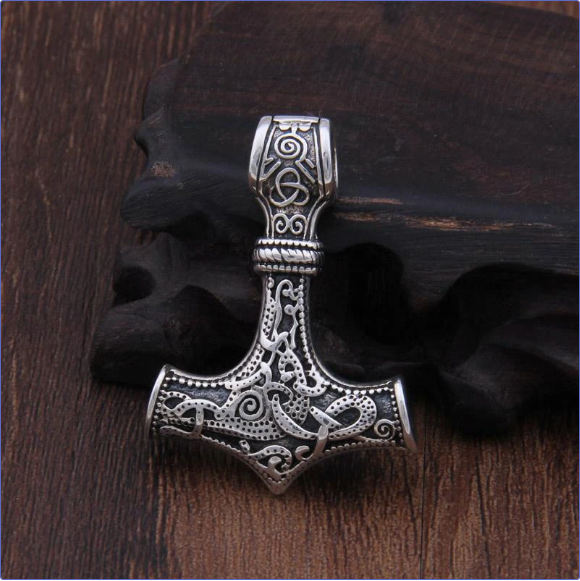
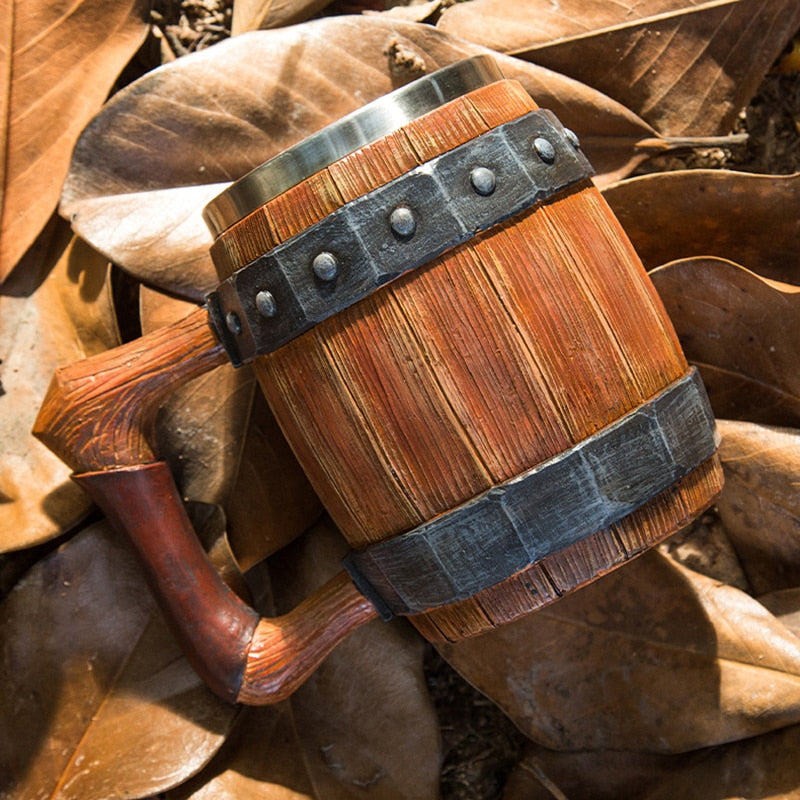
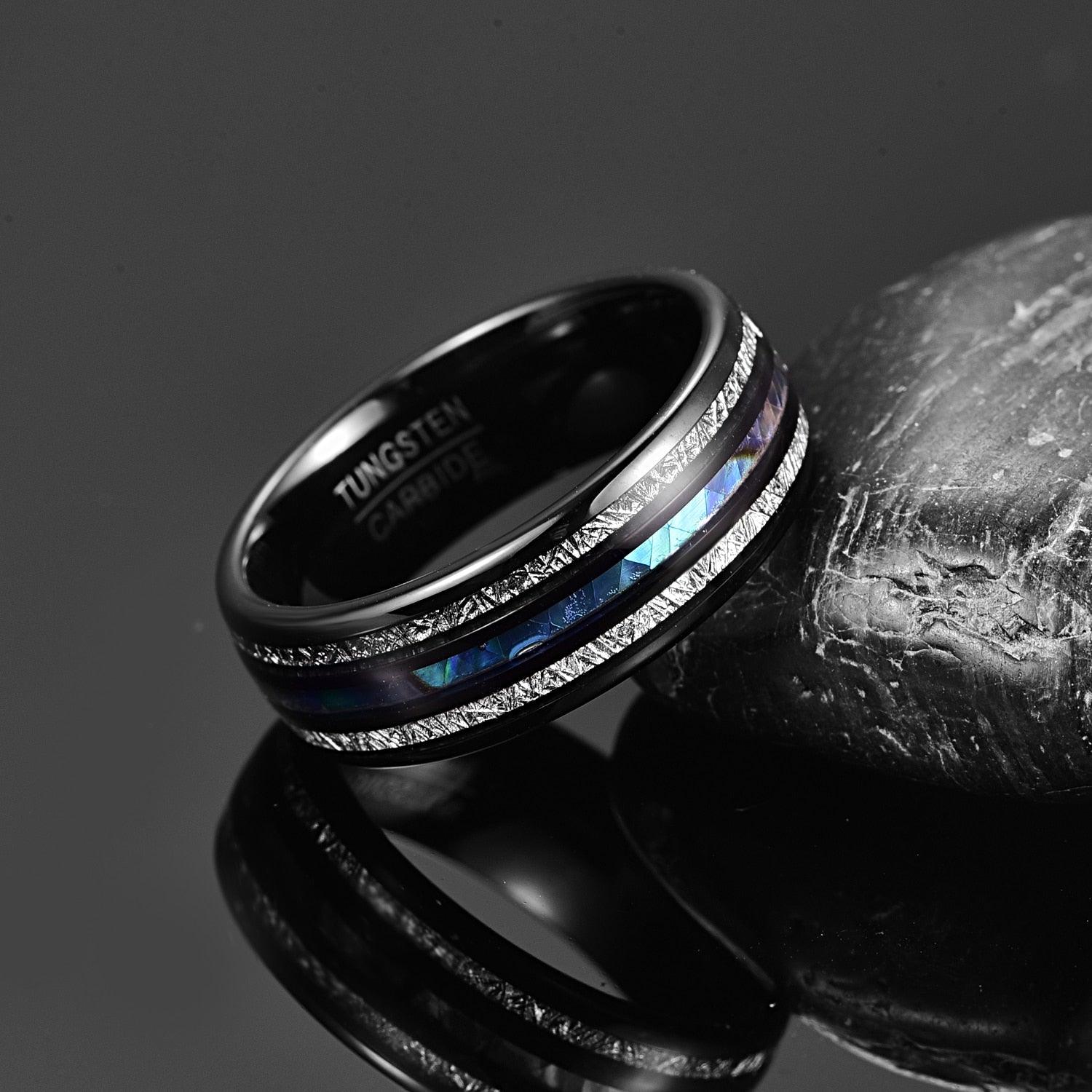
Comment (1)
I don’t think “hotly debated” is an accurate statement. Rarely anyone comments on it and the last theory I heard was from Crawford with the possibility of it being derived from “víkja” which is false.
We can easily identify that it comes from wiko which makes complete etymological sense.